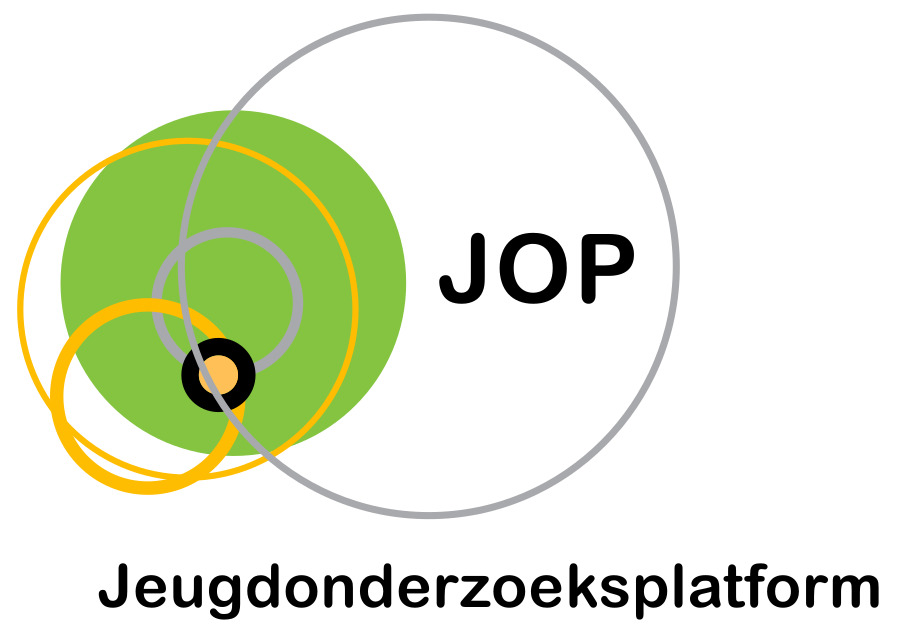Girls’ and boys’ sense of belonging in single-sex versus co-educational schools.
Auteurs
Brutsaert, H., & Van Houtte, M. (2002).

Abstract
De bedoeling van dit artikel was om te vergelijken hoe het gevoel van behoren tot de schoolgemeenschap verschilt in single-seks en co-educationele scholen. Hiervoor wordt gebruik gemaakt van een survey, afgenomen in 68 scholen in Vlaanderen. 25 scholen waren gemixte scholen en 43 scholen waren single-seks scholen (21 meisjes- en 22 jongensscholen). De respondenten – 3,370 meisjes en 3,057 jongens – waren derdejaarsstudenten, met een leeftijd van 14 of 15 jaar. Een multivariate analyse (hiërarchisch lineair model) werd uitgevoerd, waarbij gecontroleerd werd voor de sociaal-economische status van de ouders, de ouderlijke aanmoediging, de academische prestaties, de inschrijving in het leerplan, de kwaliteit van de leerkracht-student relaties en de gemiddelde sociaal-economische status van de school. De bevindingen tonen aan dat meisjes, maar niet jongens, zich beter geïntegreerd voelen in single-seks dan in co-educationele scholen.
The aim was to compare single-sex and co-educational schools in terms of pupils’ sense of belonging in the school community. The data were drawn from a survey of sixty-eight academically oriented secondary schools in Flanders. Twenty-five were mixed and forty-three were single-sex (twenty-one girls’ and twenty-two boys’ schools). Respondents – 3,370 girls and 3,057 boys – were third-year students, aged 14 and 15 years. A multivariate analysis (hierarchical linear modelling) was performed, adjusting for parental socio-economic status, parental support, academic performance, curriculum enrolment, quality of teacher-pupil relations and school mean socio-economic status. The findings mainly indicate that girls, but not boys, feel better integrated in single-sex than in co-educational schools.
Referentie
Brutsaert, H., & Van Houtte, M. (2002). Girls’ and boys’ sense of belonging in single-sex versus co-educational schools. Research in Education, 68(1), 48-56.
Taal
Engels
Publicatievorm
Tijdschriftartikel
Trefwoorden
Bevelshuishouding, kindercultuur, opvoedkunde, ouder-kind relatie, ouders, sociale omgeving
